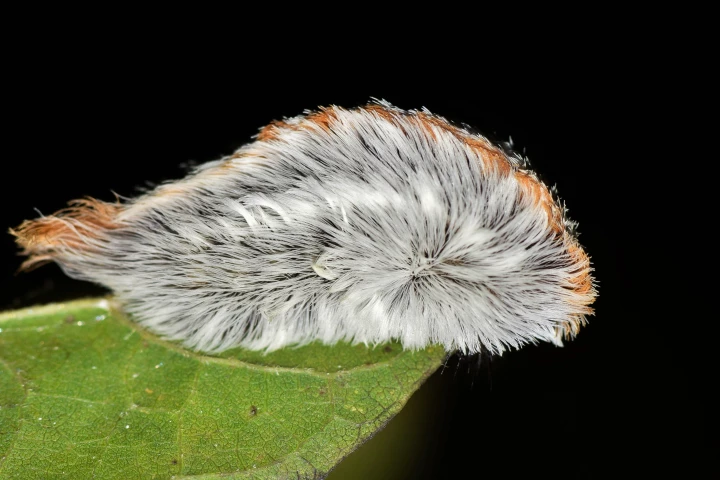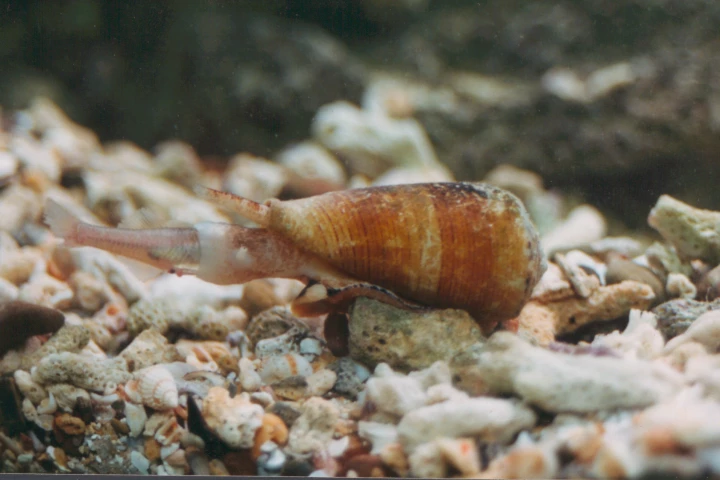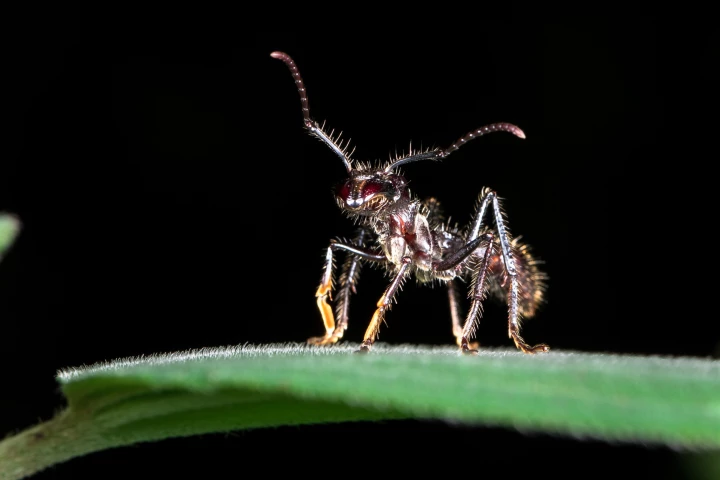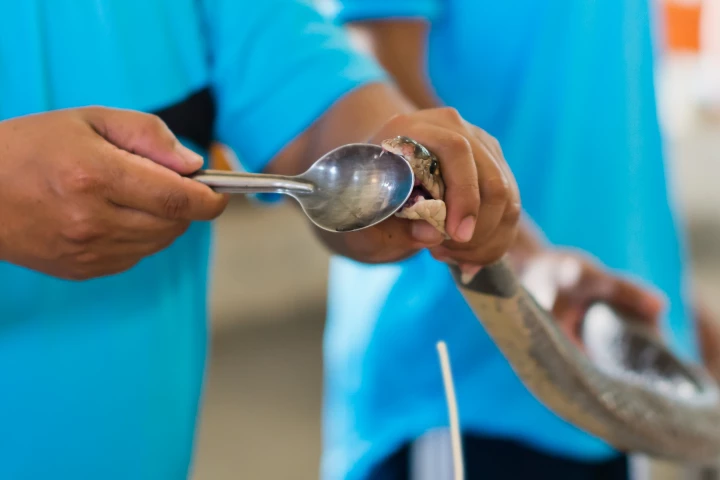Venom Evil
-
In the world of flying, stinging insects, Asian giant hornets reign supreme, reaching impressive sizes and wielding mighty venom-filled lances. Now, researchers have found an unlikely hero that can vanquish these buzzing badasses: the humble frog.
-
Over the course of 18 years, a truck mechanic from Wisconsin injected himself with snake venom hundreds of times. His actions were considered stunts by some over those years, but his blood has just helped lead the way toward a universal antivenom.
-
Insect venom may seem like an unlikely ally in the discovery of new human pain treatments, but the latest findings into the "unique" way a small ant causes us such agony is a big leap forward – and one that's expected to progress rapidly.
-
A universal snake-bite antivenom is within reach, with scientists making an antibody that protects against lethal strikes from a range of elapids. No snakes or ‘donor animals' were needed to produce the antivenom, making it sustainable and scalable.
-
The first drug to prevent heart attack and stroke cell damage is now one step closer to reality, after the K’gari funnel-web spider venom molecule Hi1a got a green light from independent safety studies, and more is learnt about its unique efficacy.
-
The route to discovering remarkable medicines has often been a fortuitous one. Now, researchers are hoping that another surprise find, once again linked to bacteria, can be harnessed for its medical potential and even be used to destroy cancer cells.
-
In a world first, researchers have successfully reared cone snails in a laboratory aquarium, gaining rare insight into juveniles with different venom and unlocking the power of their complex conotoxin compounds for a vast range of human therapeutics.
-
Researchers have discovered that some of the most painful ant stings are caused by neurotoxins that affect the body in a way that's never been seen before. Their findings further our understanding of how pain works and how it might be treated.
-
While snakebite antivenom is certainly a lifesaver, it's also expensive, time-consuming to produce, and must be administered by trained clinicians. A new low-cost type of antivenom, however, could conceivably be self-applied right away, on the spot.
-
Spider venom isn’t normally something you want in your body, but there might be exceptions. Australian researchers have identified two peptides from tarantula venom that show promise in blocking organ pain, working particularly well in mice with IBS.
-
Australian researchers have solved the mystery behind the sting of one of the most venomous plants on the planet. The newly discovered neurotoxin explains how Australian stinging trees cause pain that can last for extraordinarily long periods.
-
When someone gets bitten by a venomous snake, it's crucial to administer an antivenom as soon as possible. In order to keep the victim going in the meantime, though, it turns out that an existing medication may do the trick.
Load More











